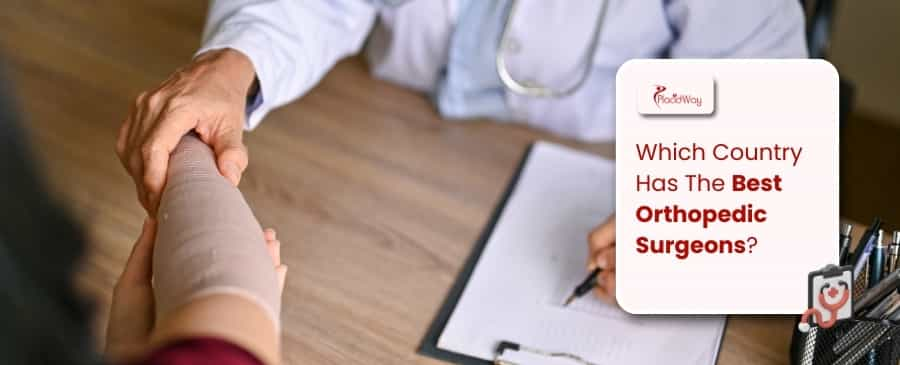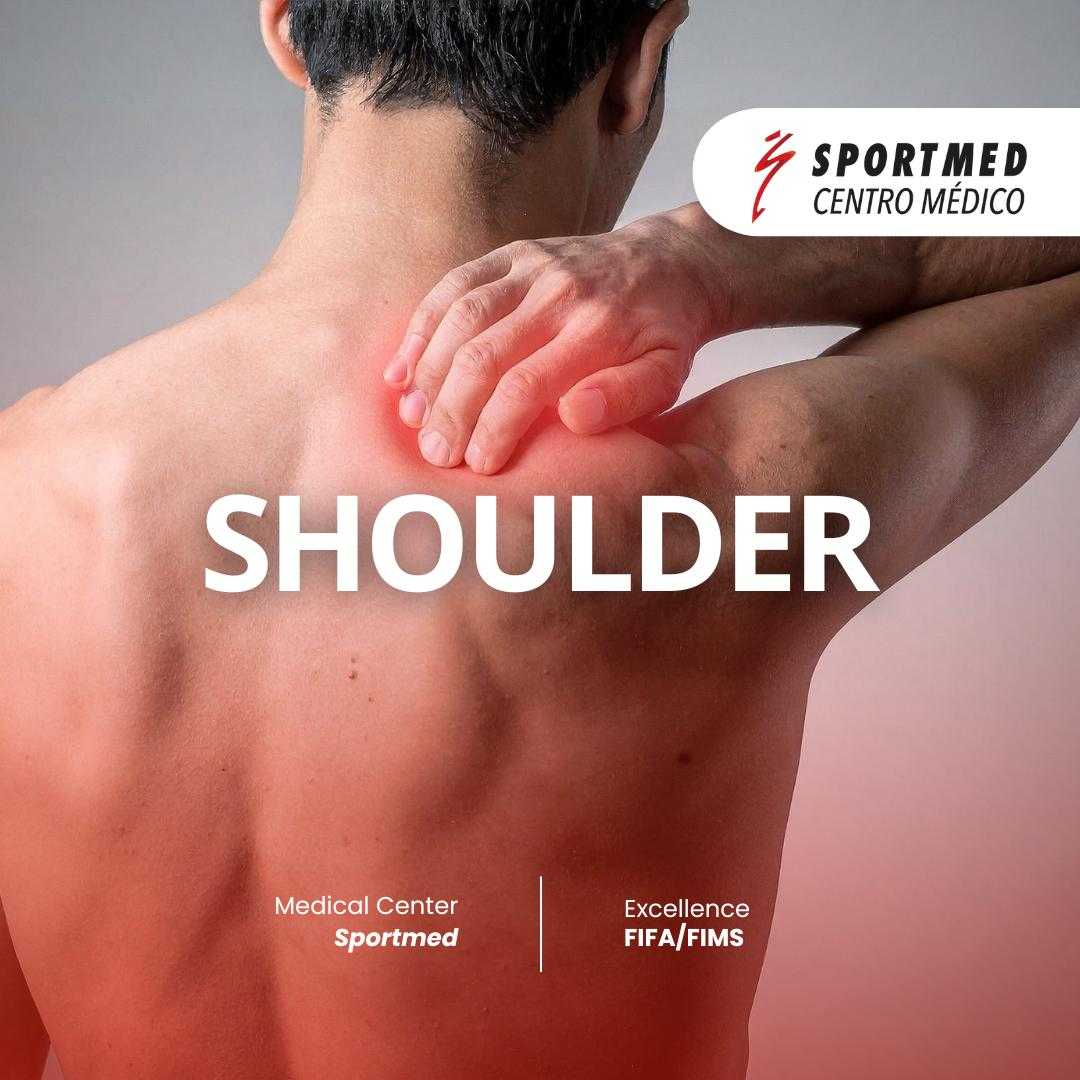Top Countries for Orthopedic Care

When you're facing an orthopedic issue, whether it's a nagging joint pain, a sports injury, or a complex spinal condition, finding the right specialist is paramount. Naturally, many people wonder, "Which country has the best orthopedic surgeons?" It’s a crucial question, and the answer isn't as straightforward as pointing to a single nation.
Whether you're considering medical tourism or simply want to know where the forefront of orthopedic medicine lies, this information will provide clarity. We'll also cover practical aspects like researching specialists, understanding costs, and what to expect when seeking world-class orthopedic treatment abroad.
Which countries are recognized for top-tier orthopedic surgery?
These countries have invested significantly in medical research, advanced technology, and rigorous training for their specialists, leading to superior patient outcomes.
- United States: Often cited for its innovation and advanced research, the U.S. boasts numerous world-renowned orthopedic centers and highly specialized surgeons. Access to cutting-edge techniques and extensive clinical trials contributes to its leading position in orthopedic care.
- Germany: Known for its precision, efficiency, and strong emphasis on rehabilitation, Germany offers excellent orthopedic treatment. German surgeons undergo extensive training, and the country's hospitals are equipped with advanced technology.
- Switzerland: Renowned for its high-quality healthcare system and specialized clinics, Switzerland provides exceptional orthopedic care, particularly in joint replacement and sports medicine. Its focus on patient comfort and personalized treatment is a key differentiator.
- South Korea: A rising star in medical tourism, South Korea combines advanced technology with highly skilled surgeons, especially in minimally invasive techniques and spinal surgery. Their healthcare system is highly efficient and offers competitive pricing for excellent care.
- United Kingdom: With a strong National Health Service (NHS) and numerous private hospitals, the UK has a robust system for orthopedic training and research. Its specialists are well-regarded for their expertise in various orthopedic sub-specialties.
What factors define a country having the best orthopedic surgeons?
Determining which country excels in orthopedic surgery involves looking beyond individual surgeon skill and examining the broader healthcare ecosystem. Several interconnected factors contribute to a nation's reputation for having top-tier orthopedic surgeons and delivering exceptional orthopedic care.
Is medical tourism a viable option for seeking the best orthopedic surgeons?
For many individuals, medical tourism presents an attractive avenue for accessing world-class orthopedic care and finding the best orthopedic surgeons.
This trend involves traveling to another country for medical treatment, often driven by factors such as cost savings, shorter wait times, access to specialized procedures not available domestically, or simply the desire to receive care from globally recognized experts.
However, it's crucial to approach medical tourism with careful planning. Patients should thoroughly research hospitals and orthopedic surgeons, look for international accreditations (like JCI), understand the entire treatment plan, and consider post-operative care and follow-up.
Using reputable medical tourism facilitators can help navigate these complexities and ensure a safe and effective experience when seeking orthopedic treatment abroad.
What is the average cost difference for orthopedic surgery in top countries?
Let's look at approximate cost ranges for common orthopedic procedures (e.g., Total Knee Replacement) in various countries. Please note these are estimates and can vary based on clinic, surgeon experience, and specific patient needs.
| Country | Estimated Cost for Total Knee Replacement (USD) | Notes |
|---|---|---|
| United States | $40,000 - $60,000+ | Highest costs, but access to cutting-edge technology and research. |
| Germany / Switzerland | $25,000 - $45,000 | High quality, advanced care; costs lower than US but still substantial. |
| South Korea | $15,000 - $25,000 | Excellent blend of quality and competitive pricing, advanced technology. |
| Turkey | $10,000 - $18,000 | Popular medical tourism destination with accredited facilities. |
| India / Thailand | $7,000 - $15,000 | Significantly lower costs with many internationally accredited hospitals. |
Therefore, when researching orthopedic clinics abroad, always prioritize those that hold recognized international accreditations. This due diligence significantly enhances your confidence in the quality of the orthopedic surgeons and the overall treatment you will receive.
Ready to explore options for your orthopedic care? PlacidWay helps you navigate global healthcare, connecting you with top-rated hospitals and experienced orthopedic surgeons worldwide. Discover personalized treatment plans and find the best solutions for your medical needs.


.png)




.png)
.png)
.png)
.png)

Share this listing